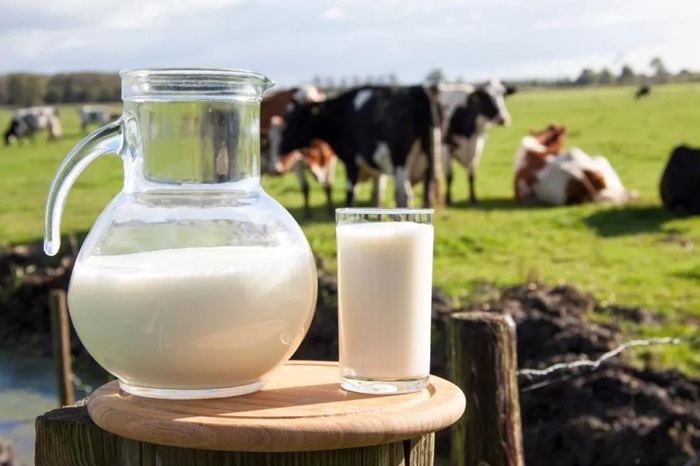As interest in raw milk surges among health-conscious consumers, it’s crucial to understand the potential health risks associated with this unpasteurized beverage, especially for children. Despite claims from wellness influencers about its benefits, raw milk can pose serious health threats, particularly to the youngest and most vulnerable members of our society.
Raw milk, which is milk that has not undergone pasteurization—a process that heats milk to eliminate harmful bacteria—has gained popularity in recent years. This trend has been fueled by endorsements from public figures and wellness advocates who assert that raw milk can improve digestion and bolster the immune system. However, these claims lack scientific backing. In fact, the U.S. Food and Drug Administration (FDA) warns that raw milk can harbor dangerous pathogens such as E. coli, listeria, and salmonella, which can lead to severe illness in children under five years old.
Dr. Amra Zuzo, a pediatrician at Novant Health Pediatrics Berewick in Charlotte, emphasizes that children’s immune systems are still developing, making them particularly susceptible to infections. When children consume raw milk contaminated with harmful bacteria, they may experience symptoms ranging from vomiting and diarrhea to more severe complications like sepsis, liver failure, or even death. Dr. Zuzo firmly advises against giving raw milk to children of any age, stating that the risks far outweigh any perceived benefits.
Misinformation surrounding raw milk is rampant. Many believe it is easier for lactose-intolerant individuals to digest; however, raw milk still contains lactose and can cause similar reactions as pasteurized milk. Another misconception is that raw milk contains unique antibodies beneficial for the immune system—this is false. The most effective antibodies are found in breast milk, which is recommended for infants up to two years old.
For parents concerned about their child’s tolerance to cow’s milk, Dr. Zuzo suggests alternatives such as lactose-free whole cow’s milk or plant-based options like yellow pea milk, which provide essential nutrients without the risks associated with raw milk.
Parents seeking fresh dairy products should prioritize safety by sourcing pasteurized milk from reputable farms that adhere to strict safety certifications and regular inspections. While farm-fresh pasteurized milk can be a healthy option, it’s essential to verify the farm’s compliance with safety standards.
For any questions regarding nutrition or dietary choices for children, consulting a trusted pediatrician is vital. Dr. Zuzo encourages parents to engage in open discussions about their child’s dietary needs to ensure optimal growth and development during these formative years.
In conclusion, while the allure of raw milk may be tempting due to its trendy status among health enthusiasts, it is essential to prioritize safety and well-being over unverified claims. By choosing pasteurized options and consulting healthcare professionals, parents can safeguard their children’s health while still providing them with nutritious dairy sources.
Read more:
World Hormone Day 2025: A Global Campaign To Prioritize Hormone Health
Wearable Heart Sound Devices: The Future Of Continuous Cardiovascular Health Monitoring
Rural America Faces Alarming Rise In Heart Disease Among Youth


